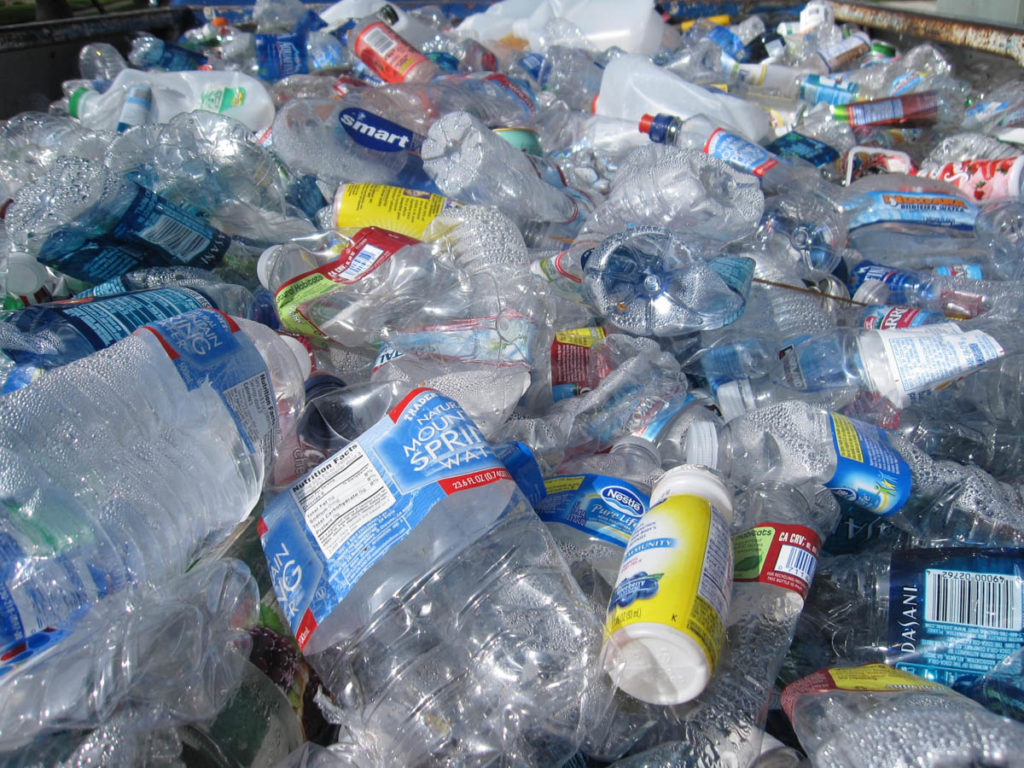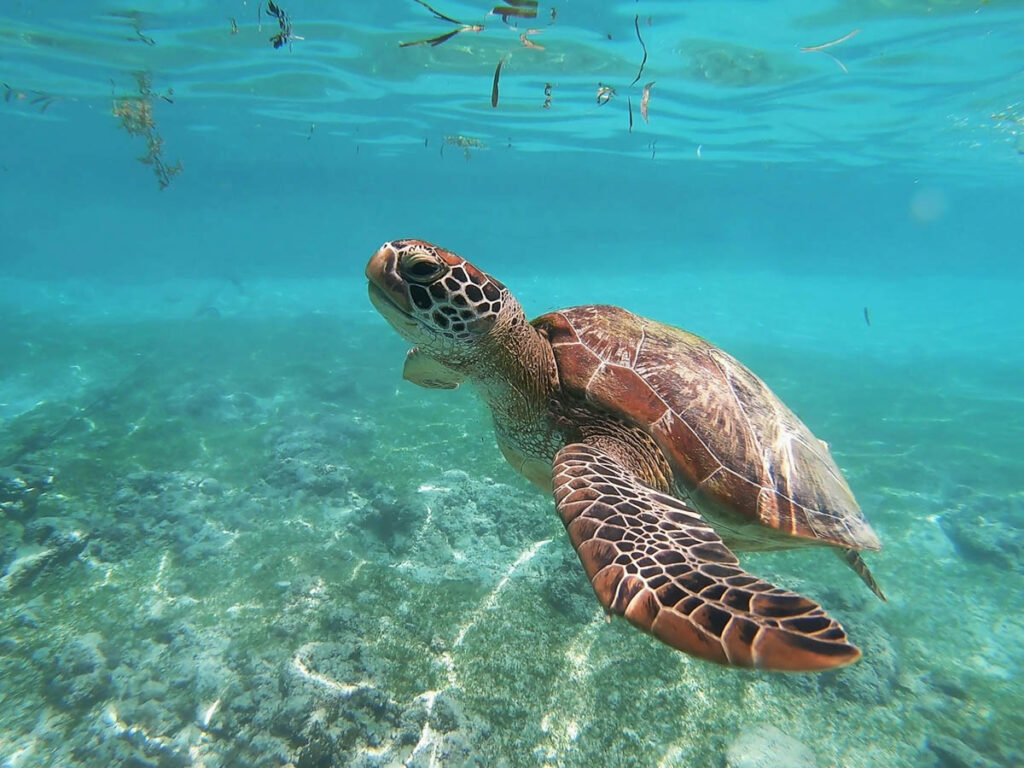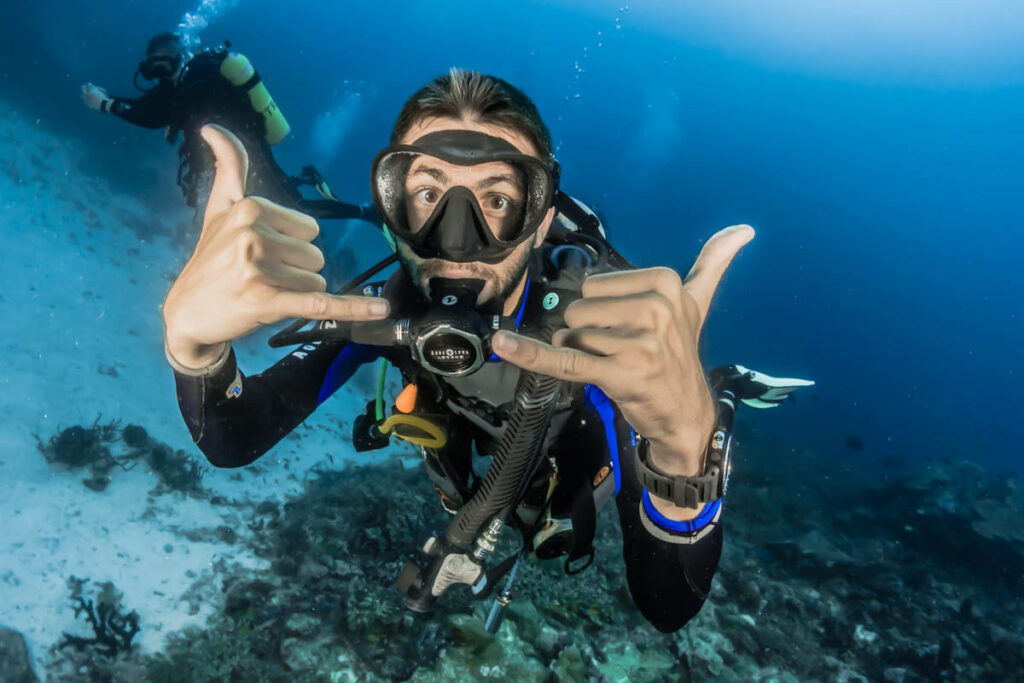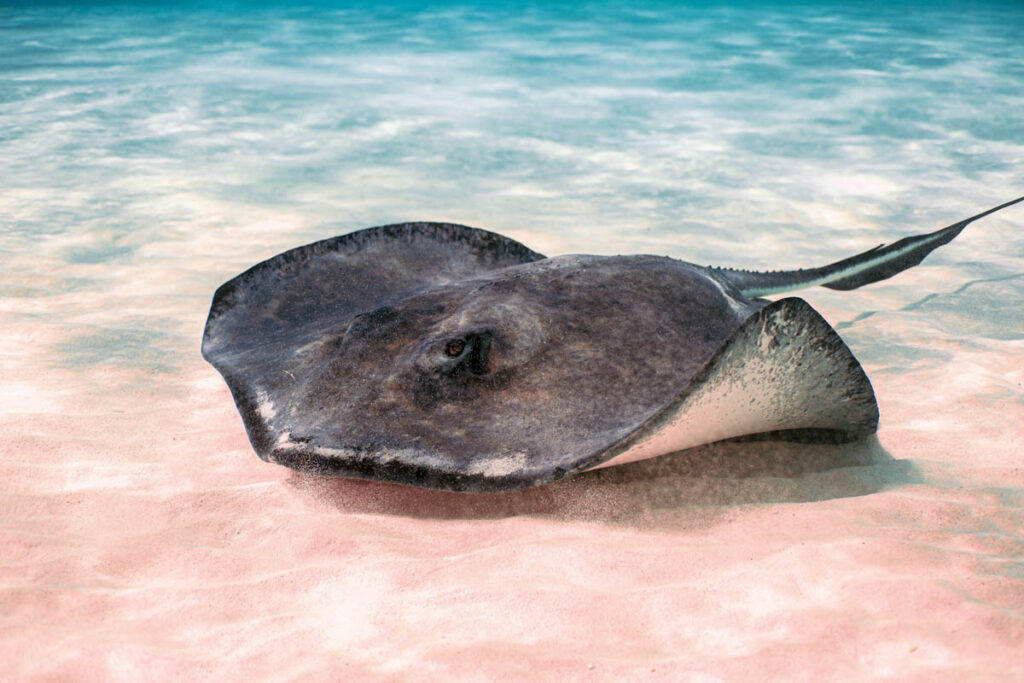Scuba diving is an exhilarating experience that allows us to explore the mesmerizing beauty hidden beneath the ocean’s surface. However, as divers, it’s our responsibility to ensure that our adventures have minimal impact on the delicate marine ecosystems we so dearly cherish. With increasing awareness of environmental issues, adopting sustainable diving practices has become paramount. In this guide, we delve into the essential principles of sustainable diving and offer tips on how divers can minimize their ecological footprint while enjoying the wonders of the underwater world.
1. Respect Marine Life
One of the fundamental principles of sustainable diving is to respect marine life and their habitats. Avoid touching or disturbing coral reefs, marine animals, and plants. Maintain a safe distance from marine creatures to prevent causing them stress or harm. Remember, many marine species are fragile and can be easily damaged by human interaction.
2. Practice Proper Buoyancy Control
Mastering buoyancy control is not only crucial for safety but also for minimizing damage to underwater environments. Avoid kicking up sediment from the seabed, as this can smother corals and disrupt marine life. Aim to glide effortlessly through the water column, leaving the underwater landscape undisturbed.
3. Choose Eco-Friendly Dive Operators
When selecting dive operators, opt for those committed to sustainable practices. Research their environmental policies, including waste management, reef conservation efforts, and adherence to responsible diving guidelines. Supporting eco-conscious dive centers encourages the industry to prioritize environmental conservation.

4. Reduce Single-Use Plastics
Single-use plastics pose a significant threat to marine ecosystems, with plastic pollution causing harm to marine life through ingestion and entanglement. Minimize plastic waste by using reusable water bottles, avoiding plastic bags, and opting for eco-friendly dive gear made from sustainable materials.
5. Dive Responsibly
Practice responsible diving by following established guidelines and regulations. Observe dive site rules, such as no-touch zones and depth limits, to protect sensitive marine habitats. Additionally, refrain from collecting souvenirs or artifacts from underwater environments, as this can disrupt ecosystems and contribute to biodiversity loss.

6. Support Marine Conservation Initiatives
Get involved in marine conservation efforts by volunteering for reef clean-ups, participating in citizen science projects, or donating to organizations dedicated to protecting marine ecosystems. By actively contributing to conservation initiatives, divers can make a tangible difference in safeguarding our oceans for future generations.
7. Educate Others
Share your knowledge and passion for sustainable diving practices with fellow divers and enthusiasts. Encourage others to adopt environmentally-friendly behaviors both underwater and on land. By raising awareness and promoting conservation-minded attitudes, we can inspire positive change within the diving community and beyond.
In conclusion, protecting our oceans requires a collective effort from divers worldwide. By embracing sustainable diving practices, we can minimize our impact on marine ecosystems and help preserve the breathtaking beauty of the underwater world for generations to come. Let’s dive responsibly, respect marine life, and champion conservation efforts to ensure the longevity of our oceans’ health and vitality.
Remember, every dive counts in the quest to safeguard our precious marine environments.








